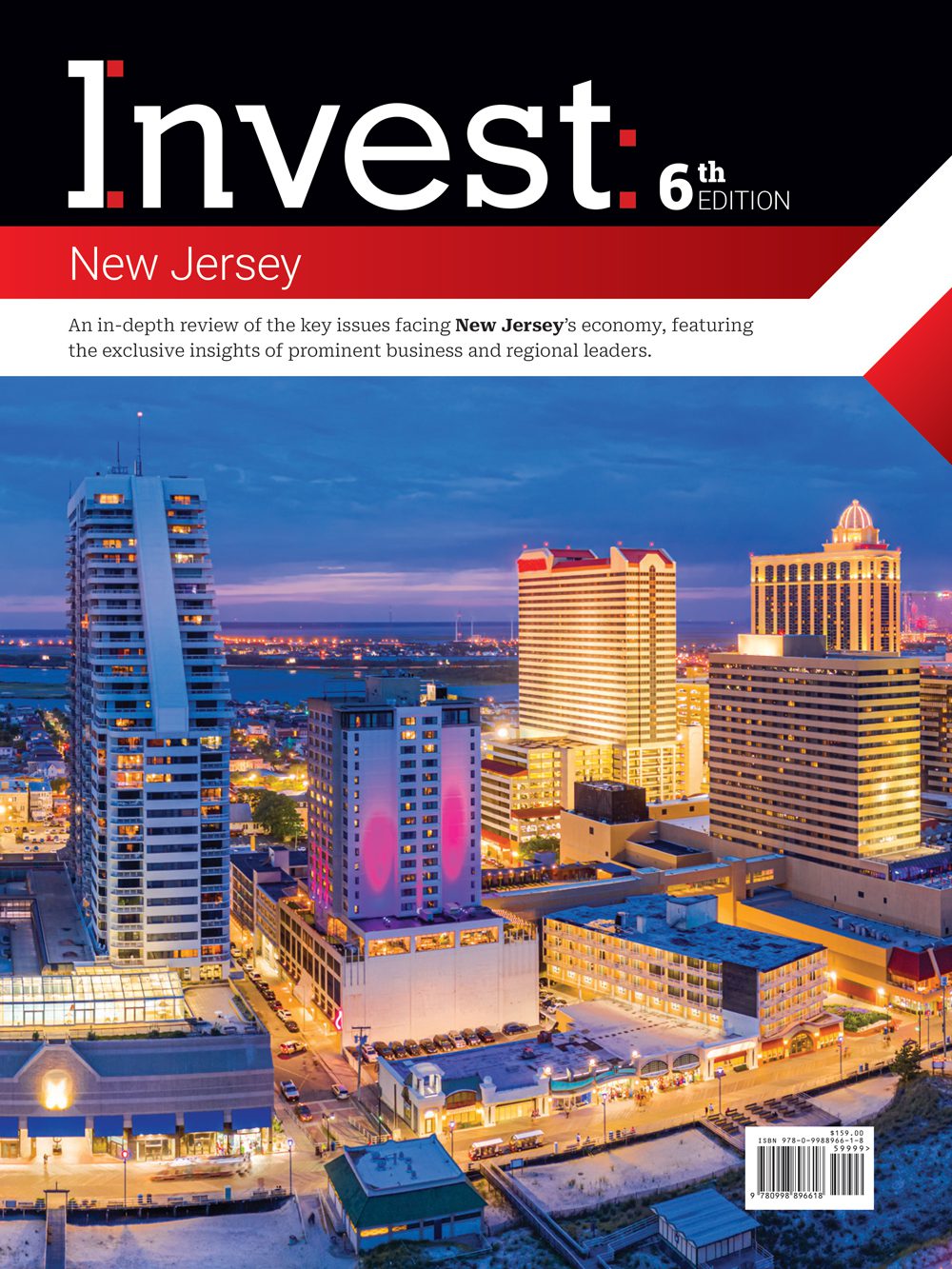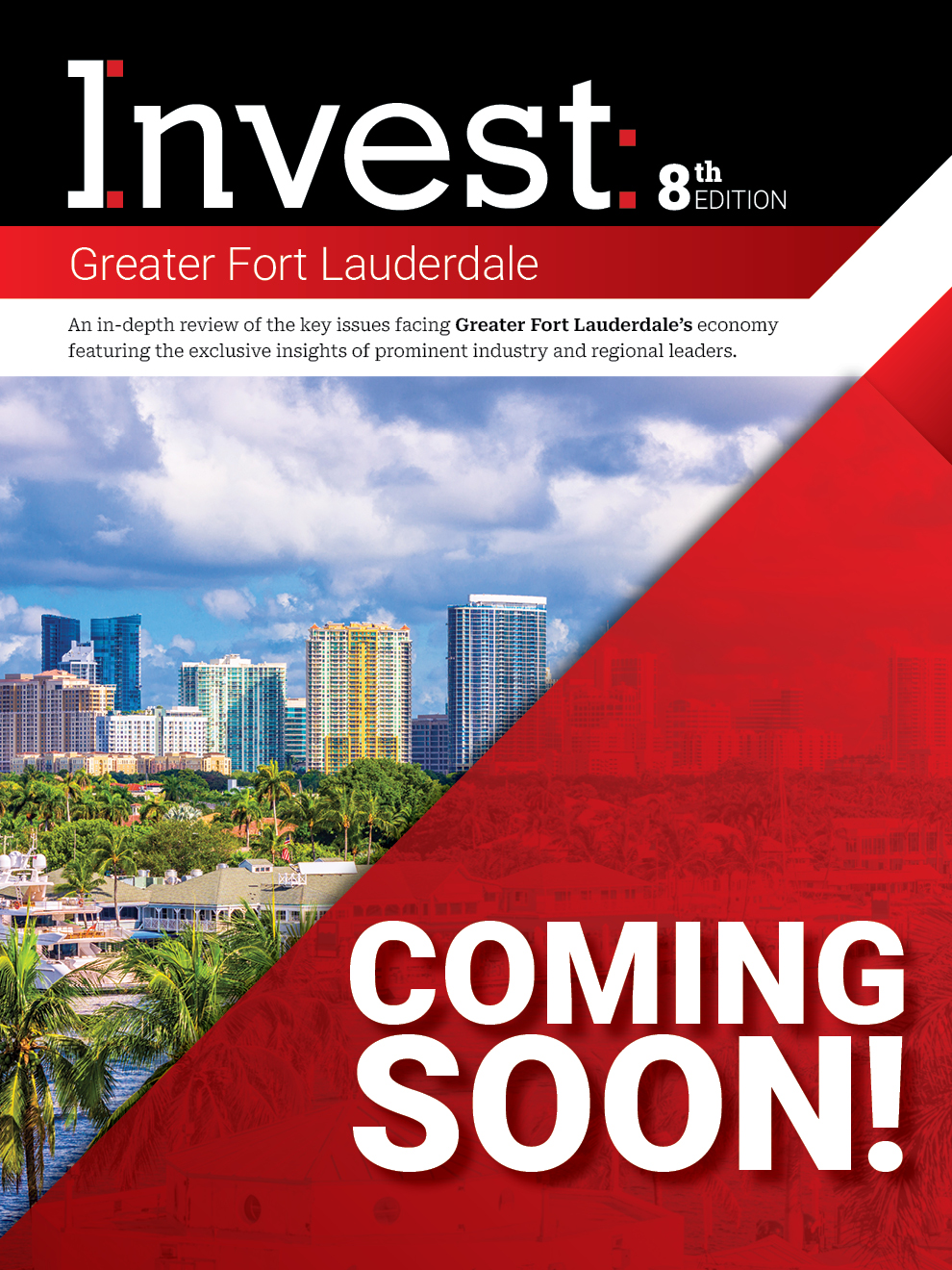Orlando’s big plans for advanced air mobility
Writer: Mariana Hernández

June 2025 — Orlando is emerging as a primer innovation hub in advanced air mobility (AAM). Recently, the integration of drone delivery in the commercial retail sector, and the viability of an autonomous passenger air traffic has been evaluated by the city — creating fresh opportunities for investors, infrastructure developers, and urban planners.
The Future-Ready City master plan for the City of Orlando, whose goal is to approach opportunities to take advantage of innovative and technological advances, aims to reassure its position as America’s prime destination to live and work. Through collaborations between government agencies, education partners, the business community, and other key players, the master plan has different approaches towards the development of different industries.
In the aircraft sector, the AAM project has gained attention thanks to two important implementations on the transportation and commercial industries. The first electric vertical takeoff and landing (eVTOL) aircraft and the use of drones for logistics.
According to a study by Embry‑Riddle Aeronautical University, commissioned by the Greater Orlando Aviation Authority (GOAA), up to 22 eVTOL flights a day can be integrated into Orlando International’s airspace, without risk of turbulence conflicts and disruption of the current air traffic.
Efforts throughout Florida are underway to invest in the aviation sector, through vertiports and corridor designs to preserve safety and efficiency.
Complementing aircraft innovation, the retail sector, led by Walmart, has partnered with Alphabet’s Wing to offer a service that will redefine groceries delivery. As part of a 100-store expansion, Walmart will integrate drone usage to expand delivery methods to over a million households across several cities in the nation, including Orlando. These drones will be able to get to doors in under 30 minutes, with a speed up to 65 mph.
These projects could reshape the aircraft industry and represent momentum for those interested in investing in the development of Florida’s air ecosystem, both for passenger transport and drones for retail logistics.
Integrating drone nests — docking stations — and vertiports with smart traffic management systems will create scalable opportunities for interconnection within other metro regions. Currently, the Walmart drone delivery model is expanding to Arkansas, Georgia, Florida, North Carolina, and Texas.
With airport safety validated, retail pilots underway, and civic stakeholders aligned, Orlando stands ready to scale aerial mobility models to wider markets.
Top image via Walmart
For more information, visit:












